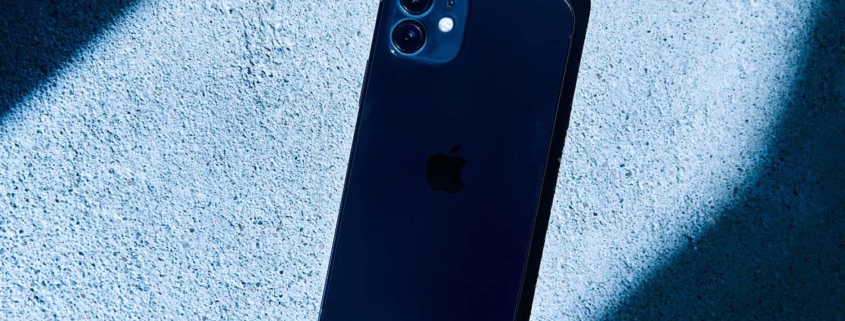Apple Makes Case Against App Sideloading by Comparing iPhone Security to Android Malware Stats
Of the two major mobile operating system vendors, Apple enjoys a reputation for being the more private and safe option. The company attributes iPhone security to its “walled garden” approach, restricting app sideloading and making the App Store the only simple and straightforward way to get software onto its devices.
In the face of court decisions that may ultimately force it to loosen this policy, Apple is engaging in a PR campaign that has commissioned research to connect the more open architecture of Android to increased risk of malware. Among other claims, Apple says that an Android device is up to 47 times more likely to contract malware and that allowing app sideloading would attract a wave of cyber crime to the iOS platform.
Apple touts iPhone security ahead of regulatory decisions
Apple’s latest research-driven pamphlet touts the “critical importance” of iPhone security, making the case that a smartphone tends to be the type of device that contains the greatest amount of sensitive personal information. The central theme is that app sideloading would cripple its carefully-structured security protections and expose users to attacks.
The statistics it presents certainly cast Android in a poor light. Apple claims that its rival mobile OS experiences 15 to 47 times more malware infections, totalling six million attacks per month and about 230,000 new malware infections per day.
Apple also claims that allowing app sideloading would be detrimental to its users in a number of ways. Cupertino predicts a wave of cyber crime coming to its ecosystem, even if app sideloading was restricted to approved third-party app stores, along with reduced control over apps for users and the removal of “core components of iPhone security” from iOS due to requirements created by certain sideloading initiatives. Apple also predicts users being tricked by fake third-party app stores and forced into sideloading of apps by employers and schools.
While it is in Apple’s financial interest to paint as dire a picture as possible, the company is not factually wrong on some of its core assertions. However, it also may be exaggerating the case. As the Pegasus spyware…


